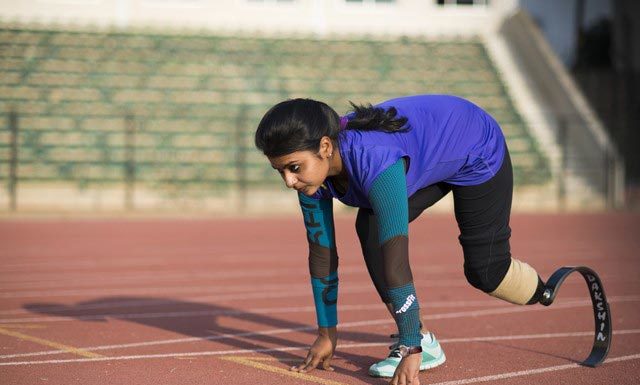In a bold and unprecedented move that has got to be the best news of 2017, the Central government has appraised the Supreme Court of its intent to set up 12 fast track courts to especially deal with criminal cases lodged against politicians and legislators. Even though this move comes in the wake of the apex court’s 2014 directive regarding the set up of special courts to exclusively handle criminal cases against politicians and legislators, what we must applaud is the central government’s whole-hearted acceptance of such a move.
Even though they had to face opposition in the Rajya Sabha, the government has stood by its decision and is prepared to spend Rs. 7.80 crore on the same for the first year. In fact, when members of Rajya Sabha expressed their displeasure over the government’s move, Finance Minister Arun Jaitley retorted by saying that lawmakers and politicians are like Caesar’s Wife and therefore must be above suspicion.
The Centre has also requested chief secretaries of different states, secretaries of state assemblies and general secretaries of Lok Sabha and Rajya Sabha to compile a list of all such cases and their respective status reports. While information in the public domain pegs the number of such cases to close to 1581 (based on the cases declared by politicians themselves while filing their nominations), the actual numbers may vary.
The states in consultation with the concerned high courts will, in fact, actually need to work on war-footing as these courts have to be operational by March 1, 2018. While a span of 3 months may not seem like enough time for preparation, given the magnitude of the move; the truth is, the step comes as a welcome move by the government and will provide a good base point to start with. After all, if nothing else, it will clean up an otherwise murky system where convicted politicians will be put away, for good. If nothing else, at least they will not be able to contest elections.
In terms of electoral reforms, this move is probably the biggest since it will help us attain the long-held goal of ‘decriminalisation of politics’. This is definitely commendable in the light that the government has also been working overtime to decide upon the matter of using totaliser machines to ensure greater voter secrecy. While the two may seem independent of each other; in a very unique way, they are actually inter-connected. You see, the reason we need to ensure voter secrecy is because of pre- and post-poll intimidation and violence that voters often have to suffer at the hands of these criminalised politicians. Hence, if we could attain the complete decriminalisation of politics and had a fast-track court in place to ensure that criminal elements do not creep in, we would finally have free and fair elections where voters would not be manhandled.
Of course, while the hesitation and trepidation of certain politicians is understandable, with the Supreme Court’s nod to the Central scheme leaves them little wriggle room. Hence, they will now have little option but to bend to the will of the centre and of the people. Then again, how long are we going to have to tolerate lawbreakers playing the role of lawmakers?!? If that is not irony, I don’t know what is!































